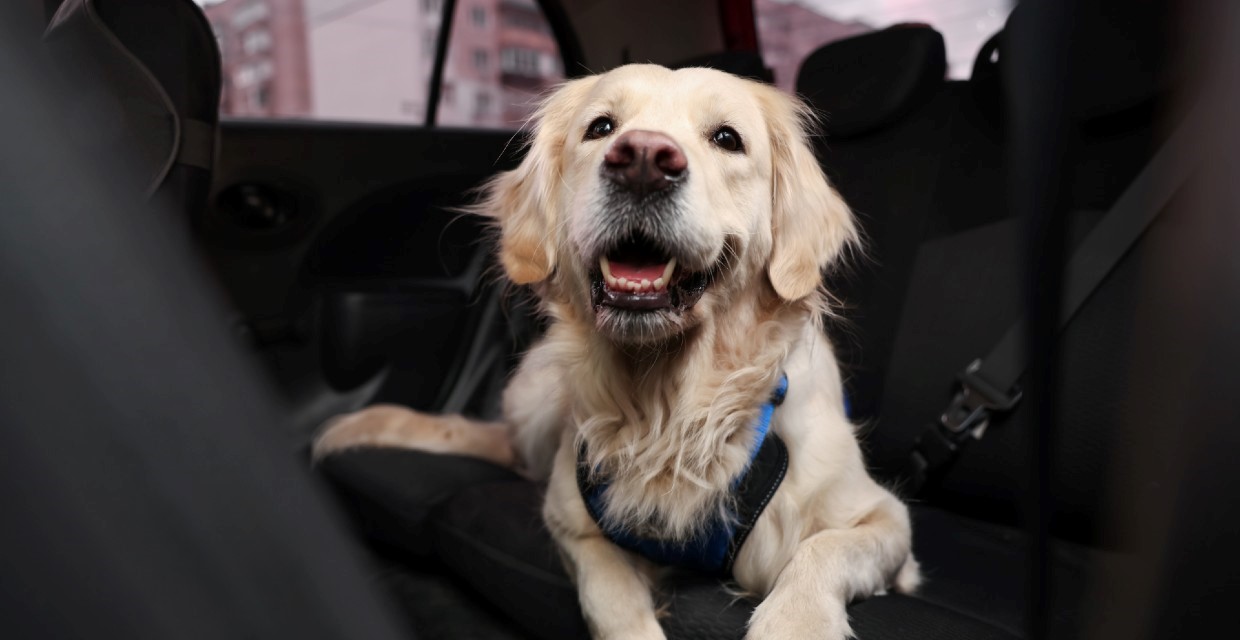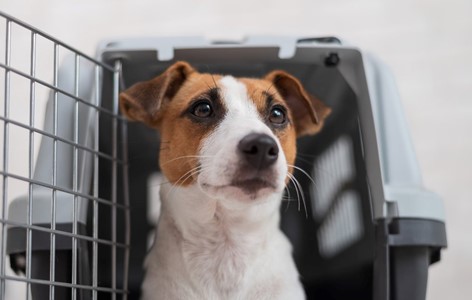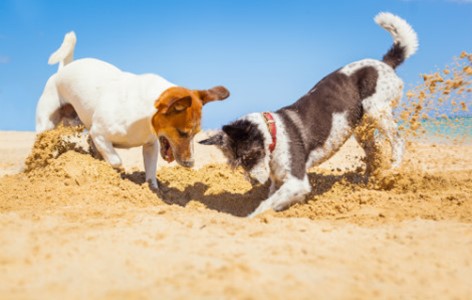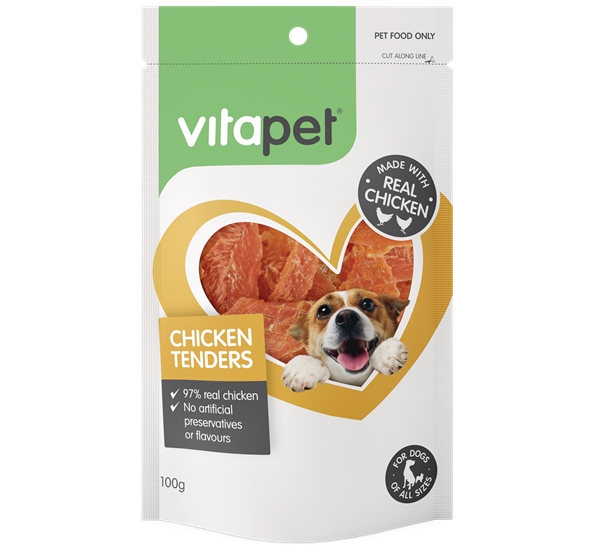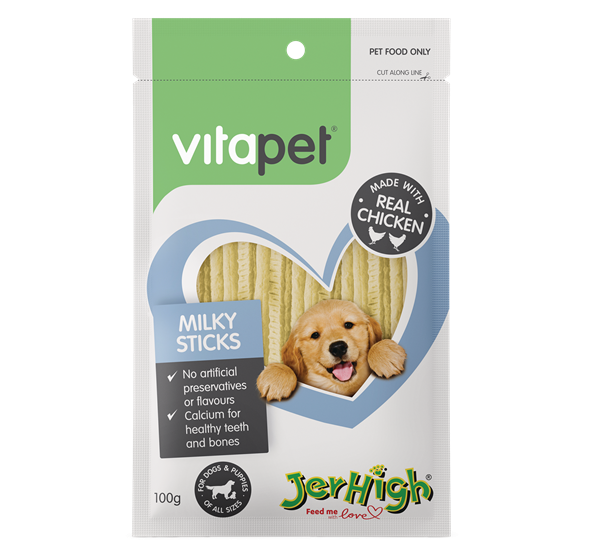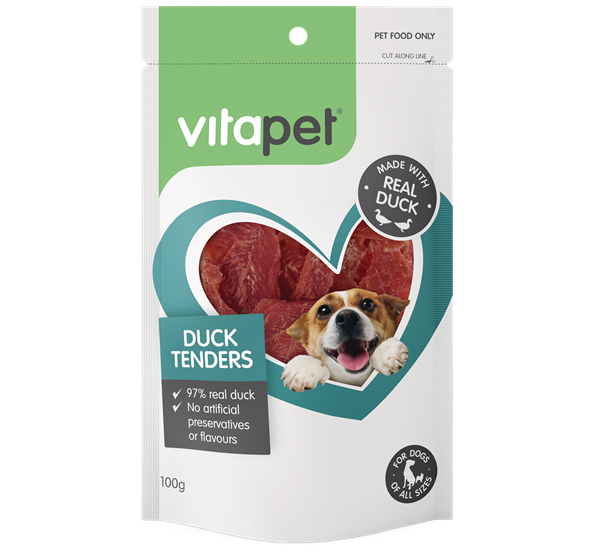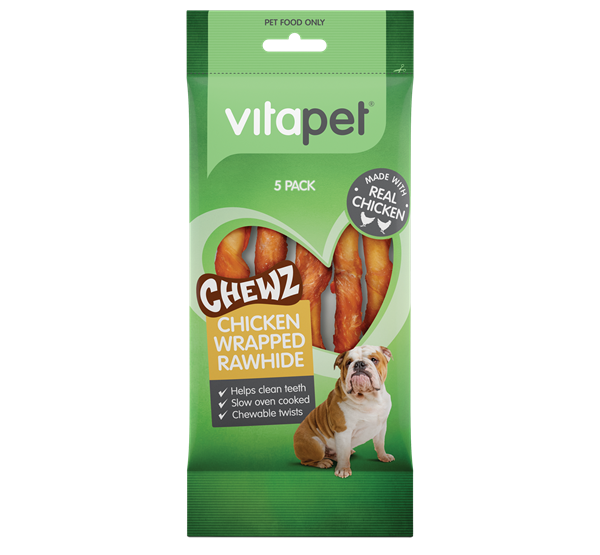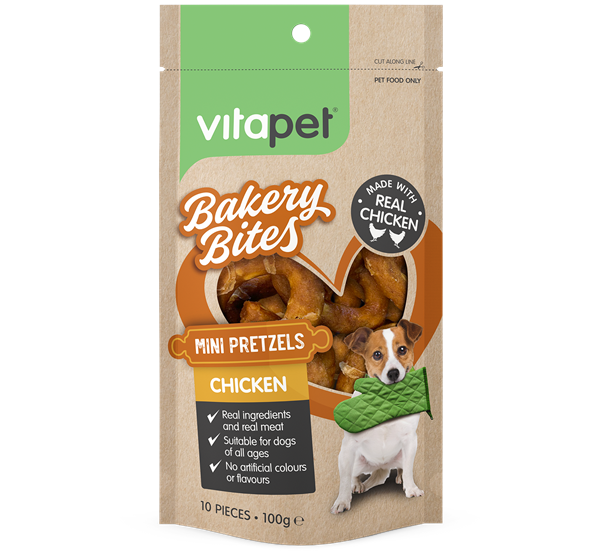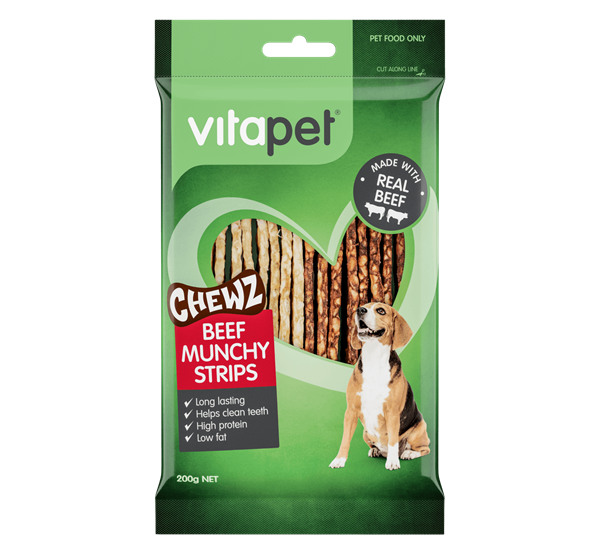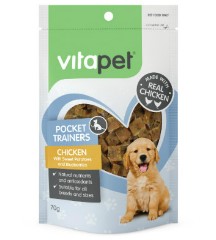Does your dog get anxious about car travel?
Or perhaps they are suffering from motional sickness. It can be hard to tell the difference, given many of the signs and symptoms can be the same.
For example, when your dog gets in the car they might start to bark or whine when you take off. On the other hand, they might quietly be looking uneasy, licking their lips or drooling or shaking.
For some, anxiety or motion sickness may cause them to vomit or have diarrhoea and if a dog has an episode of motion sickness, it can then lead them to becoming anxious about travelling in the car next time – so it can be a bit of a double edged sword.
Regardless of what has caused them to become anxious about car travel, there are a few things you can do to help reduce them from feeling unwell and to also try to create a positive association with the experience.
Here are a few tips to get you started, however make sure you are also familiar with your state's road rules about pets in cars and adjust accordingly.
When heading off on a long drive, make sure you only give them a light meal before the trip. Stop every couple of hours for a quick walk, toilet stop and drink of water.
For safety, they should be harnessed in the back seat, never the front, as airbags if deployed can cause serious injury. Be sure to tether them by the harness and never their collar too for safety reasons.
If they feel restricted it might cause them to feel more anxious about car travel, so give them enough room to move around and get comfortable, but not so much that they can be thrown from the seat should you need to use the breaks.
Make sure the car is well ventilated with the window down a little bit, or air conditioning vents open. If they get scared by loud noises, then you may need to close the window.
If they are crate trained, they might feel more comfortable in their crate with a light cover over it and a soft blanket (perhaps puppy pads, just in case), favourite toy and some dog treats to help create a positive association. Again, make sure the crate is well secured.
A pheromone calming spray such as Adaptil for dogs may also help keep them calm during car travel.
Creating a positive association with car travel is vital if they have started getting sick to avoid it triggering anxiety as well.
If your dog is still a puppy or hasn’t done a lot of car travel, start by taking slow, short and frequent trips to fun places, gradually increasing the length of the rides and rewarding calm behaviour with praise and treats.
If your adult dog gets anxious in the car, then it is important to go back to the basics and re-introduce them to car travel in very small steps, with lots of positive reinforcement.
Step 1
You might even need to go as far back as just having them sit in the car whilst it is stationary, leaving the door open and giving them treats and praise without moving. Allow them to leave the car as soon as there are signs of distress. Slowly build up the duration and do this for as long as needed until they are comfortable resting in the car.
Step 2
Gradually step by step take them a little further. For example, simply start the car and leave the engine running with the door open, or sitting in there with them, and give them a toy or some tasty dog cookies to help distract them and help keep them calm. It is important to reinforce the calm behaviour and not inadvertently encourage their anxiety by mistake.
Step 3
Once they are used to the car vibrations and movement and are acting calm, your aim is slowly getting them used to going further distances. Stop frequently, make it fun and rewarding and build on this over time to change their association with car travel which will help if your dog gets anxious in the car.
It does take time and patience, but it is really important you don’t take them in the car for long distances, as this will simply reinforce the fear.
Especially, do not yell or punish them if they are barking or whining, as it will make it worse.
It may also help to give your dog a special toy they really love, and save it just for car trips, or their favourite blanket to help create that positive association with car travel.
And, assuming you haven’t fed them too much before trip and it is more anxiety-related than motion sickness, a VitaPet Chicken Tender or Milky Stick can help with creating that positive association as the car takes off.
There are some medications and natural supplements that may help as well, so talk to your Vet if it has become a problem for you or your pet.












